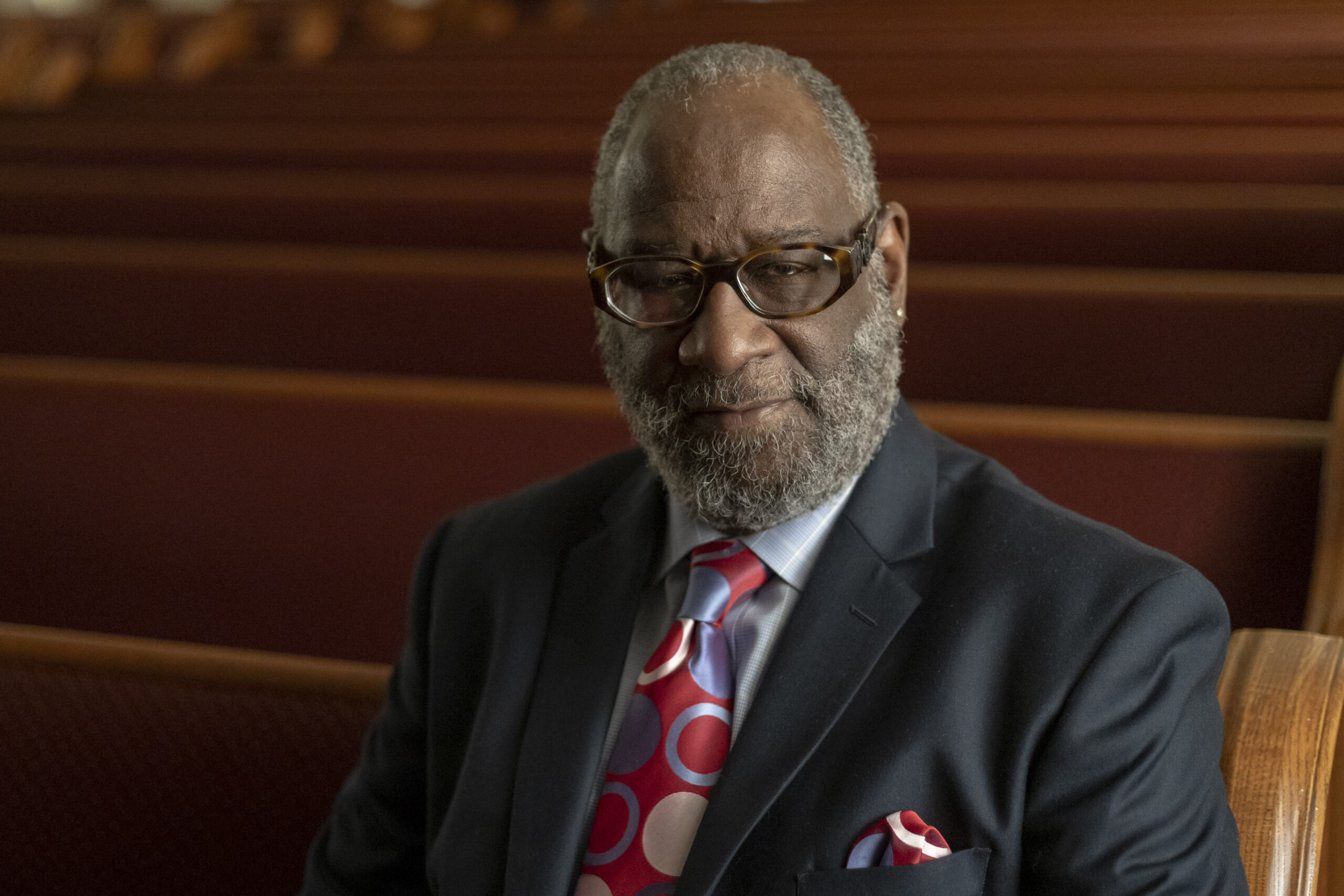
By Wane A. Hailes
President/Publisher
The Courier Eco Latino Newspaper
Remembering Dr. Martin Luther King, Jr. 56 years later.
For me, the day of celebration for Dr. Martin Luther King, Jr is a reminder of the first time I saw my father cry as a child. As a family, we were glued to the television the evening of April 4, 1968, when we learned of Dr. King’s assassination. As Walter Cronkite, then the anchor of the CBS Evening News, announced:
“Dr. Martin Luther King, the apostle of non-violence in the civil rights movement, has been shot to death in Memphis, Tennessee,” Cronkite said. “Police have issued an all-points bulletin for a well-dressed, young white man seen running from the scene. Officers also reportedly chased and fired on a radio-equipped car containing two white men.”
I turned to the sounds of my father sobbing as my mother consoled him. As a 13-year-old who always looked upon his father, a Baptist minister, as a strong Black man, it had a lasting impact on my life.
We were living in Portsmouth, New Hampshire, at the time. Dr. King’s right-hand man, Ralph David Abernathy, had visited our home. My father had been one of the Freedom Riders.
As I look back over my life and reflect on my current involvement with the NAACP and the importance of providing a publication that informs, educates, and inspires my people, I understand how that fateful evening has profoundly molded me into who I am today.
I make it a practice that his day is “a day on, not a day off.” His “I’ve Been to The Mountaintop” speech continues to motivate me to educate my people about King’s advocacy for economic empowerment. This is the part of his final speech that most of us missed.
“Always anchor our external direct action with the power of economic withdrawal. Now, we are poor people. Individually, we are poor when you compare us with white society in America. We are poor. Never stop and forget that collectively — that means all of us together – we are richer than all the nations in the world, with the exception of nine. Did you ever think about that? After you leave the United States, Soviet Russia, Great Britain, West Germany, France, and I could name the others, the American Negro collectively is richer than most nations of the world. We have an annual income of more than thirty billion dollars a year, which is more than all of the exports of the United States and more than the national budget of Canada. Did you know that? That’s power right there if we know how to pool it.
We don’t have to argue with anybody. We don’t have to curse and go around acting bad with our words. We don’t need any bricks and bottles. We don’t need any Molotov cocktails. We just need to go around to these stores and to these massive industries in our country and say,
“God sent us here to say to you that you’re not treating his children right. And we’ve come here to ask you to make the first item on your agenda fair treatment where God’s children are concerned. Now, if you are not prepared to do that, we do have an agenda that we must follow. And our agenda calls for withdrawing economic support from you.”
How great would it be if we, as a people right here in Columbus, Georgia, stuck together?
—
